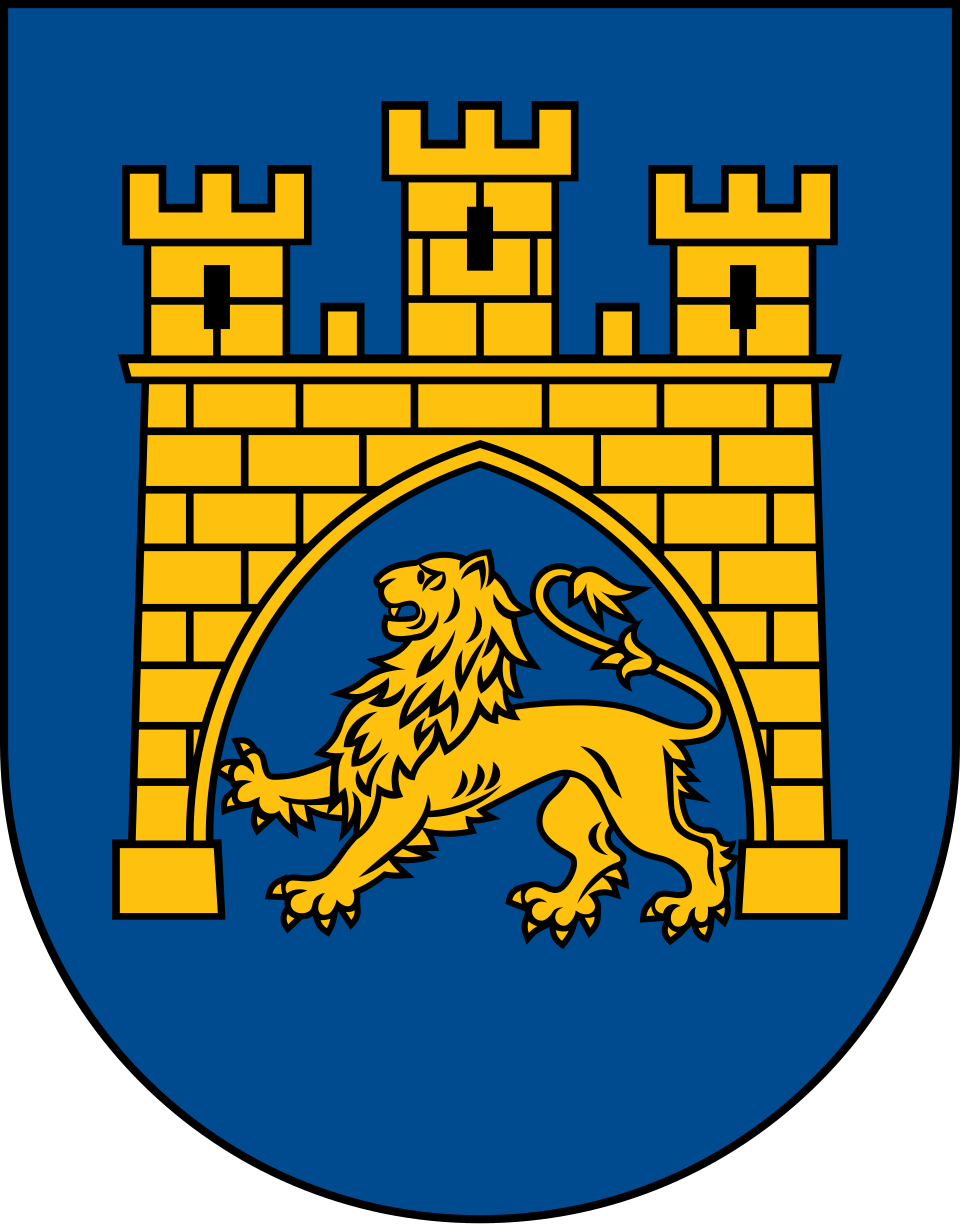Territorial philosophy
Eduardo Verano de la Rosa
Governor of the Atlantic, Colombia
It blew my mind! This is how I felt recently during the National Congress of Philosophy of Law and Social Philosophy at the Universidad del Atlántico, a space attended by the most renowned Colombian thinkers of our time, where I was honored to make its installation and in which I reaffirmed the fundamental character of the word, philosophy, and the autonomy of the territories in making their decisions.
I went to this congress of philosophers to speak about the word as an element that gives, to a great extent, meaning to our existence. Through it we deliberate and expose our reasons, which are nothing more than the nobility, honesty, and solidarity that we all carry, that is why I spoke about the importance of territorial autonomy and its relationship with respect and peace.
Territory, conceived beyond its geographical and physical meaning, allows us to discuss the scenario in which we build our world and share our existence. I invited them to talk about the link between space, history, and power; public life, traditions and finally the pluralistic culture that we have and that promotes the construction of a free, democratic, and non-discriminatory society.
I invited them to talk about territory as a space of political power and shared history within the framework of political freedom. Understanding it in a double facet: as autonomy in the language of Benjamín Constant, Immanuel Kant, Norberto Bobbio and others, and freedom as participation in the government of public affairs that we inherited from the Athenian antiquity, the one taught to us by Clístenes, Solon, Pericles, also defended by Sophocles, Euripides, Aeschylus.
We can no longer be subjected to this centralist system.
The latter refers to freedom as territorial autonomy, which is the right of the citizens of decentralized public law entities to exercise the government of their own affairs: self-government.
I insisted on talking about the right to territorial autonomy that was stripped from us by political centralism through the destruction of the political sovereignty of the federal states, a freedom that is inalienable and does not prescribe, the right to sovereignty is always in the spirit of the people, unknown by the Constitutional Charter of 1886.
We cannot continue to be subjected to this archaic centralist system that reaffirms intra-regional inequality with measures that continue to be perpetuated by economic measures, a concrete case in point: the inequitable distribution by the central power of the Nation's Current Revenues (ICN), which we have all been producing for years.
The increase of the transfers of the ICN today only reaches around 20% or 22% to the districts, municipalities and departments when the vision of the 1991 Constitution is that the Nation and the territories will manage the resources in almost equal parts, but through two constitutional reforms this has not been fulfilled, which contributes to the fact that Colombia continues to be considered one of the most unequal countries in the world, where few have much and many earn little, which generates social problems that are difficult to solve.
It is for reasons such as these that I invite all Colombians to deliberate on the organization of power in our territory to enrich life in freedom and contribute to peace.










































































